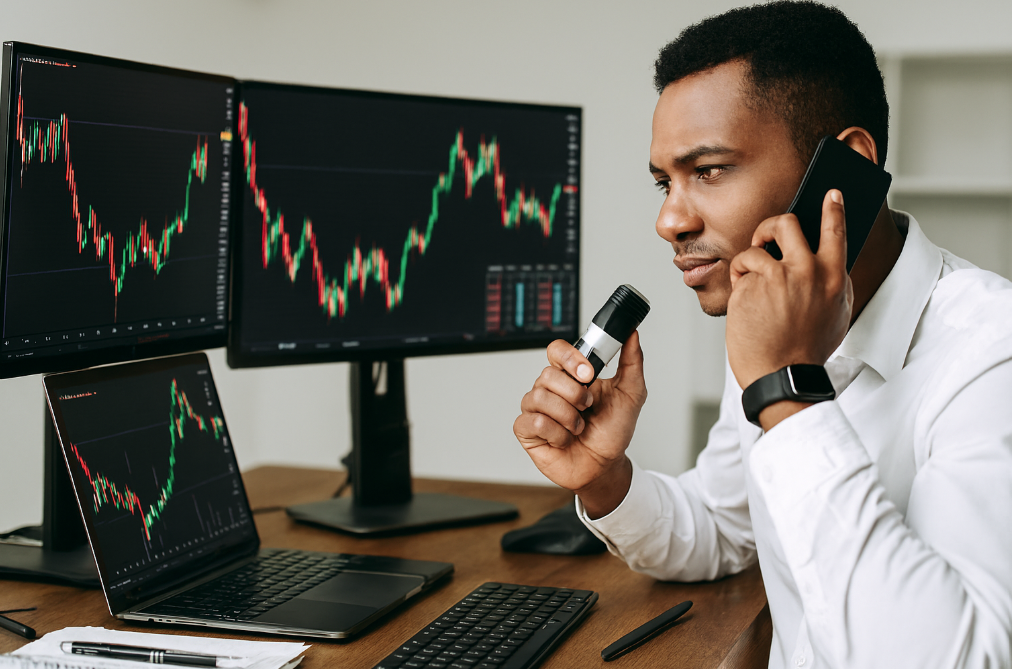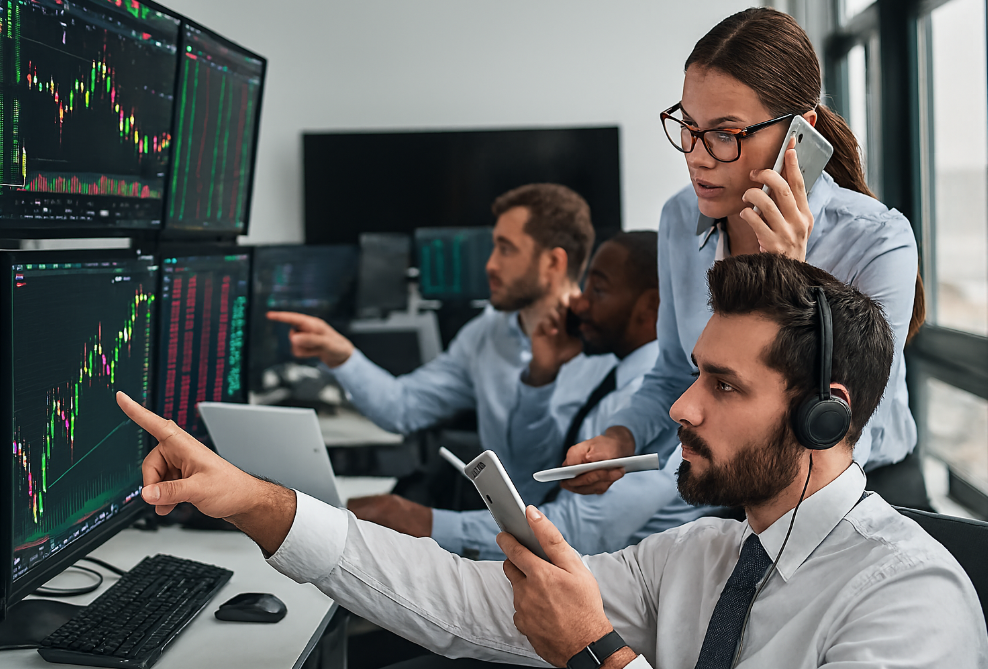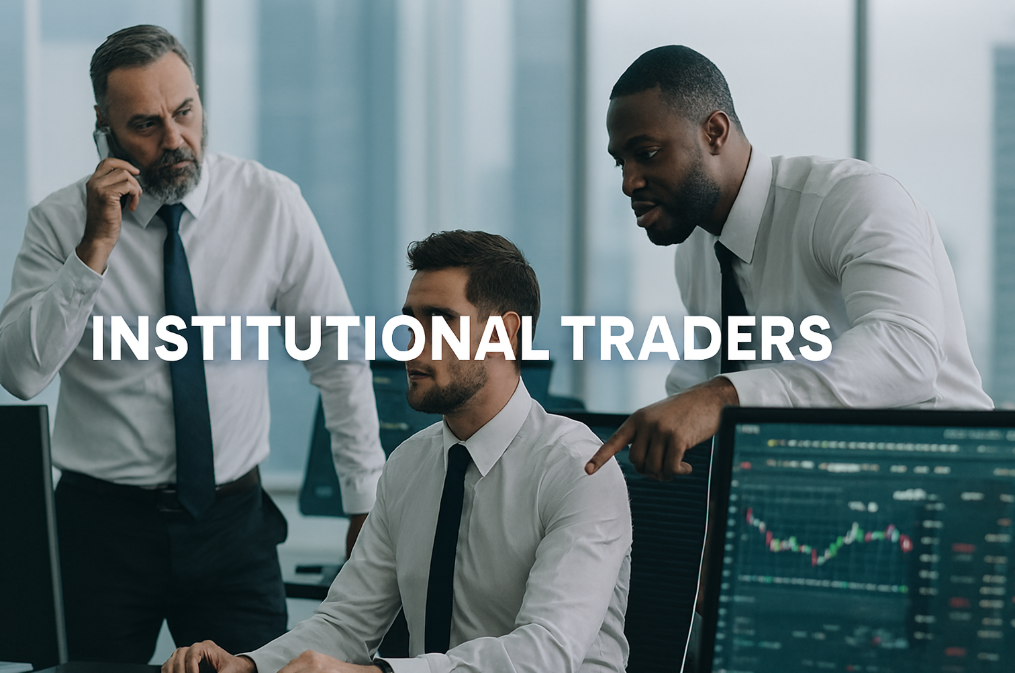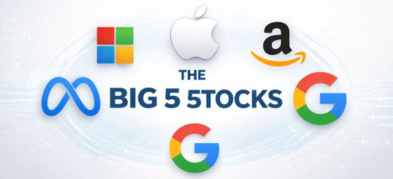Important Information
This website is managed by Ultima Markets’ international entities, and it’s important to emphasise that they are not subject to regulation by the FCA in the UK. Therefore, you must understand that you will not have the FCA’s protection when investing through this website – for example:
- You will not be guaranteed Negative Balance Protection
- You will not be protected by FCA’s leverage restrictions
- You will not have the right to settle disputes via the Financial Ombudsman Service (FOS)
- You will not be protected by Financial Services Compensation Scheme (FSCS)
- Any monies deposited will not be afforded the protection required under the FCA Client Assets Sourcebook. The level of protection for your funds will be determined by the regulations of the relevant local regulator.
Note: UK clients are kindly invited to visit https://www.ultima-markets.co.uk/. Ultima Markets UK expects to begin onboarding UK clients in accordance with FCA regulatory requirements in 2026.
If you would like to proceed and visit this website, you acknowledge and confirm the following:
- 1.The website is owned by Ultima Markets’ international entities and not by Ultima Markets UK Ltd, which is regulated by the FCA.
- 2.Ultima Markets Limited, or any of the Ultima Markets international entities, are neither based in the UK nor licensed by the FCA.
- 3.You are accessing the website at your own initiative and have not been solicited by Ultima Markets Limited in any way.
- 4.Investing through this website does not grant you the protections provided by the FCA.
- 5.Should you choose to invest through this website or with any of the international Ultima Markets entities, you will be subject to the rules and regulations of the relevant international regulatory authorities, not the FCA.
Ultima Markets wants to make it clear that we are duly licensed and authorised to offer the services and financial derivative products listed on our website. Individuals accessing this website and registering a trading account do so entirely of their own volition and without prior solicitation.
By confirming your decision to proceed with entering the website, you hereby affirm that this decision was solely initiated by you, and no solicitation has been made by any Ultima Markets entity.
I confirm my intention to proceed and enter this website Please direct me to the website operated by Ultima Markets , regulated by the FCA in the United Kingdom
Ultima Markets App
Trade Anytime, Anywhere
A retail trader is someone who buys and sells financial assets, like stocks or currencies, for personal gain. Unlike large institutions, retail traders manage their own money and usually trade through online platforms. Retail traders have become an important part of the global market. But what exactly is a retail trader, and why are they so influential in today’s markets?
What Is a Retail Trader?
A retail trader is an individual who trades financial instruments like stocks, forex, and cryptocurrencies using their own money. They typically use online brokerage platforms to buy and sell assets. Retail traders differ from institutional traders, who work for large organizations and manage huge amounts of money.
With the rise of online platforms and easy-to-use trading apps, retail trading has become more accessible to people worldwide. Now, anyone with an internet connection can participate in the financial markets, making retail traders a growing and influential force.

How Do Retail Traders Impact the Market?
Retail traders might be individuals, but their collective activity has a big impact on the markets. Here’s how:
Adding Liquidity
Retail traders help add liquidity to the market. Liquidity means how easily assets can be bought or sold. The more people trade, the smoother the market operates, making it easier for everyone to make transactions.
Creating Volatility
Retail traders often cause short-term price swings. For example, they might buy a popular stock in large numbers, which could drive the price up. This volatility can be both an opportunity and a risk, depending on how traders react to it.
Using Alternative Data
Unlike big institutions, retail traders sometimes use different information to make trading decisions. Many retail traders follow trends on social media or use online forums to share insights. This can lead to price movements based on public sentiment, rather than just economic data.
Making Trading Accessible
Online platforms have made it easy for anyone to start trading. In the past, only big companies and wealthy individuals could access the markets. Now, retail traders can use the same tools as institutional investors, making it easier to get involved in the financial world.
The Rise of Retail Trading: Technology and Accessibility
Technology has been a game changer for retail traders. Here’s how:
Brokerage Platforms and Tools
Today’s trading platforms offer powerful tools, like real-time data, advanced charts, and easy order execution. These tools help retail traders make smart decisions, manage risk, and trade efficiently.
Automated Trading
Thanks to advancements in artificial intelligence (AI), retail traders can now use automated trading strategies. This means they can set up their trades to execute automatically based on specific conditions, reducing the need for constant monitoring.
Online Communities and Social Trading
Online forums and social media have made trading more social. Platforms like Reddit and Twitter allow traders to share ideas, strategies, and market news. Social trading lets traders copy the trades of more experienced investors, making it easier for beginners to learn and profit.
Social trading takes this one step further by allowing traders to follow and copy the trades of more experienced investors in real-time. This makes it easier for beginners to learn and profit from the insights of seasoned traders.
At Ultima Markets, we offer a social trading feature that lets users copy the trades of expert traders, reducing the learning curve for new participants and providing an opportunity for more profitable trades. This social trading environment helps build a community where traders can collaborate, share strategies, and stay updated on market trends, ensuring everyone has the tools they need to succeed. Whether you’re a novice or an experienced trader, copy trading with Ultima Markets can help you make smarter decisions and grow your portfolio.

How Do Retail Traders Differ from Institutional Traders?
Retail traders and institutional traders have some key differences:
Capital
Institutional traders have large amounts of money to trade, often in the billions. Retail traders usually trade with smaller amounts of capital. This means institutions can make bigger trades and access more liquidity.
Resources
Institutional traders often have teams of experts, including analysts and researchers, who help them make decisions. Retail traders usually make their own decisions or follow strategies shared by others.
Market Impact
Retail traders can cause sudden price changes, especially when many traders act together. For example, a group of traders on a social media platform might drive a stock’s price up or down. Institutional traders, on the other hand, tend to make larger and more calculated trades.

How Can Retail Traders Succeed in the Market?
Retail traders can improve their chances of success by following these tips:
Educate Yourself
Understanding how markets work is key. Learn about technical analysis, trading strategies, and the psychology of trading. Platforms like Ultima Markets’ Trading Academy offer educational resources to help traders get started.
Manage Your Risk
Use tools like stop-loss orders and take-profit levels to manage your risk. Never risk more than you can afford to lose, and make sure to diversify your trades.
Have a Trading Plan
Create a plan that includes your goals, risk tolerance, and trading strategy. Stick to your plan, and review it regularly to make sure it aligns with your current trading environment.
Conclusion
Retail traders are playing an increasingly significant role in the global financial markets. Thanks to advancements in technology and easy access to trading platforms, anyone can now get involved in trading and make their mark in the financial world.
At Ultima Markets, we’re committed to providing retail traders with the tools, education, and resources they need to succeed. Whether you’re new to forex trading or looking to refine your skills, our platform offers advanced trading features, including social trading and copy trading, to help you grow and trade with confidence.
By staying informed, practicing good risk management, and continuously learning, retail traders can thrive in the dynamic world of forex and other financial markets. Join Ultima Markets today and experience the power of trading with purpose where knowledge, technology, and community come together to create endless opportunities.
Disclaimer: This content is provided for informational purposes only and does not constitute, and should not be construed as, financial, investment, or other professional advice. No statement or opinion contained here in should be considered a recommendation by Ultima Markets or the author regarding any specific investment product, strategy, or transaction. Readers are advised not to rely solely on this material when making investment decisions and should seek independent advice where appropriate.












